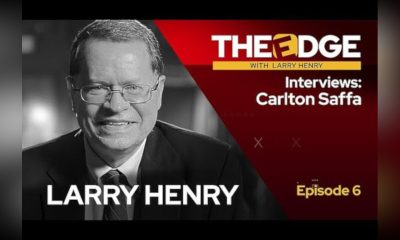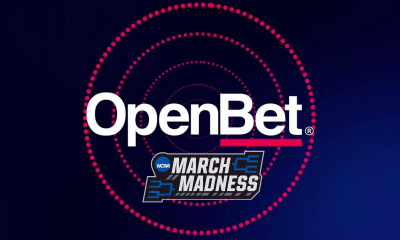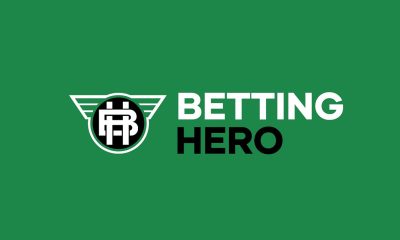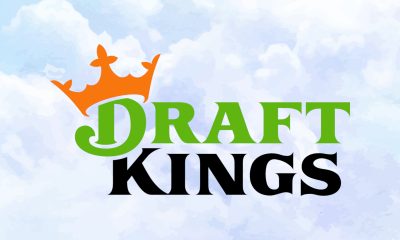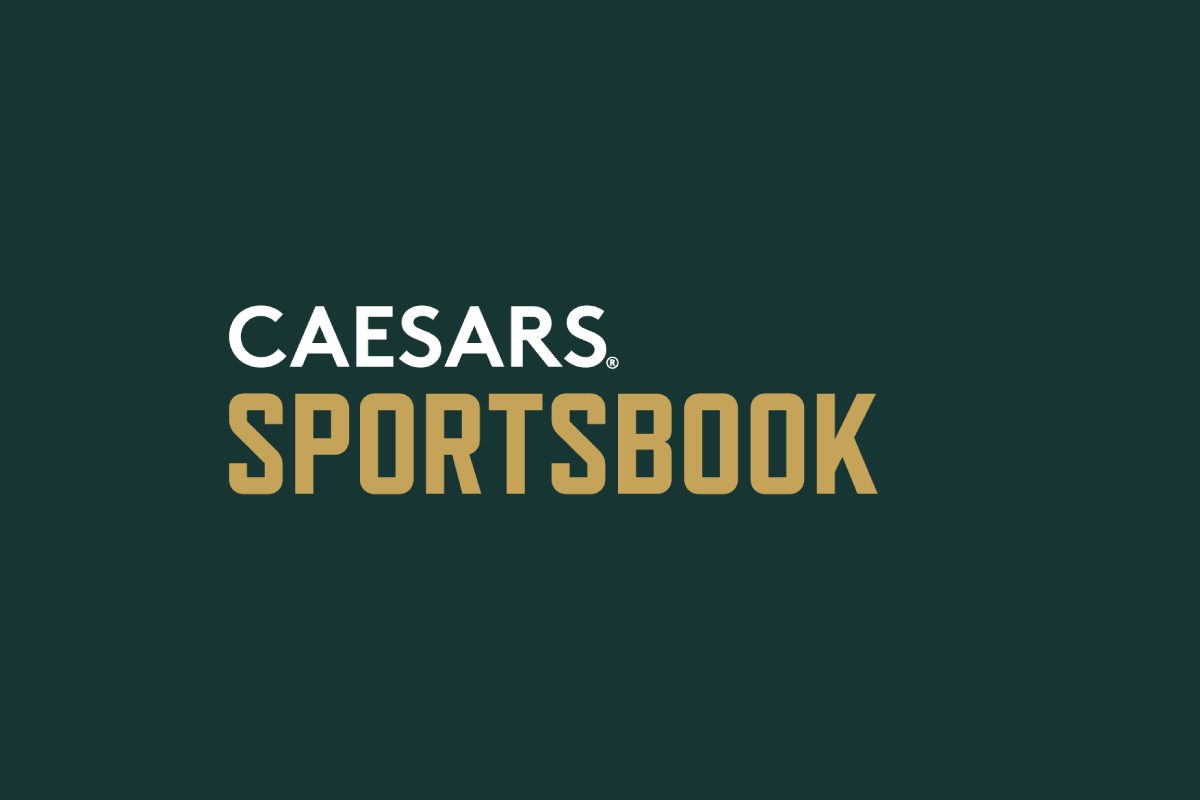Compliance Updates
North Carolina Lawmaker to Introduce Bill to End College Player Prop Bets
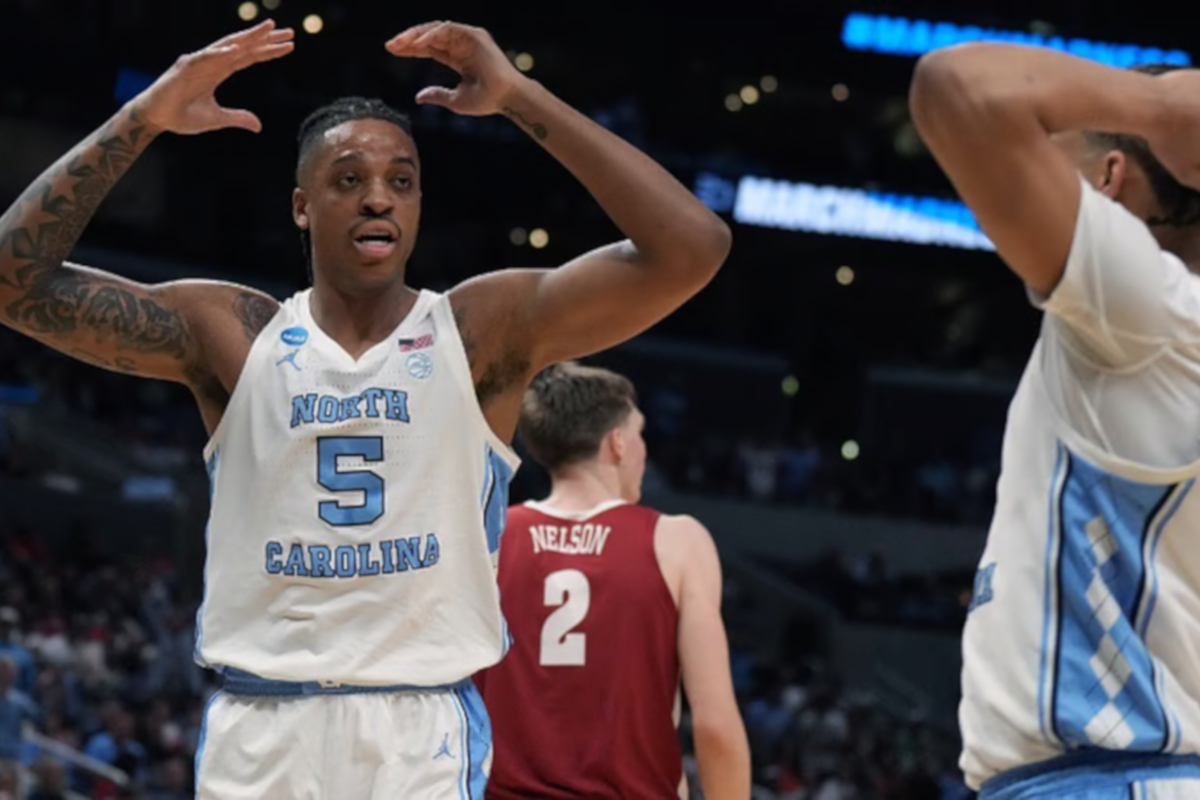
North Carolina legislator intends to introduce legislation to ban college player prop bets, according to a staff member.
North Carolina State Representative Marcia Morey, D-Durham, a former Olympic swimmer, will submit a bill by the bill filing deadline on Thursday to ban these bets, Hannah Smith, Administrative Assistant, told Gambling.com on Monday.
The North Carolina Legislature began meeting in Raleigh on April 24 with the session set to end on July 31.
Recently, NCAA President Charlie Baker, a former Massachusetts governor, called upon states to ban college player prop bets, which is short for proposition bets. Baker said these bets, based on an athlete’s individual performance such as the over/under on the number of rebounds the player might record, could undermine the integrity of games and lead to harassment of players.
Former North Carolina Tar Heel star Armando Bacot is among athletes who have expressed concern about harassment. Bacot said he heard from fans angry that he didn’t get enough rebounds in an NCAA tournament game against Michigan State – a game the Tar Heels won.
College Prop Bets Allowed in Some States
Some states already ban these bets, while others including Louisiana, intend to impose a ban this summer before the college and pro football seasons begin.
In other states, the proposed ban has met with resistance.
During a recent interview on The Edge, Arkansas casino executive Carlton Saffa told Gambling.com a ban would drive bettors to unregulated offshore sportsbooks or illegal bookies. He said a better solution is to keep those bets legal in regulated markets where irregularities can be spotted.
“Sunshine is the best disinfectant,” Saffa, the Chief Marketing Officer for the Saracen Casino Resort in Pine Bluff, Arkansas, said.
College player prop bets remain legal in Arkansas.
In North Carolina, where statewide mobile sports betting became legal in March, State Representative Jason Saine, R-Lincoln, said in a story on the WNCN-TV website that a college player prop ban is ‘a solution in search of a problem’. If athletes are being harassed, he said, campus police should crack down on those making the threats and make an example of them. A ban won’t stop the problem, Saine said.
“If we ended (player prop bets) tomorrow, this kind of behavior would still continue with fanatical people,” Saine said. “Follow rules of society, you don’t threaten anybody, or you shouldn’t be. And, that’s kind of my take on it. I don’t think we need a whole new set of rules to pursue something like that.”
Morey, the lawmaker proposing the ban, said people are ‘forgetting about the individuals who are actually playing the game and having the pressure on them’.
“Let’s give them a break,” she said.
Compliance Updates
IGSA Welcomes Sharp Vision as Silver Member

The International Gaming Standards Association (IGSA) has welcomed Sharp Vision as a new Silver member. Sharp Vision is a leading provider of regulatory turnkey solutions for gaming authorities.
“We are delighted to be a part of IGSA and we look forward to contributing to the advancement of best practices among regulators in the fast-growing gaming industry,” Damien Raymond, COO of Sharp Vision, said.
“IGSA is very excited to welcome Sharp Vision to our membership. We believe that IGSA Standards can enhance Sharp Vision’s products supporting regulatory authority oversight. We look forward to their participation in IGSA committees,” Mark Pace, President of IGSA, said.
Compliance Updates
PGCB Places Seven Individuals on Involuntary Interactive Exclusion List for Online Gaming Fraud

The Pennsylvania Gaming Control Board (PGCB) on Wednesday approved recommendations by its Office of Enforcement Counsel (OEC) for the placement of seven individuals on the iGaming Involuntary Exclusion List.
The online transactions that these seven individuals engaged in, totaling $27,168, were investigated by the Board’s Bureau of Investigations and Enforcement (BIE) and found to be fraudulent in two major respects:
- an individual used a fraudulent scheme to obtain an online account or accounts in another person’s name and identifiers, placed funds into these accounts utilizing other persons’ payment methods, and without engaging in any gaming activity, managed to have funds withdrawn from the fraudulently-established account or accounts directly into their own bank account; or,
- requested and received a refund for a disputed credit or debit card transaction from a card issuer even though that refund was fraudulent.
The specific fraudulent conduct of each individual is further described below:
- Created two separate online sports wagering accounts using the personal identification and credit cards of other individuals, and withdrew $300;
- Created 13 separate online casino-type games accounts using the personal identification and credit cards of other individuals, and withdrew $545;
- Created six separate online sports wagering accounts using the personal identification and credit cards of other individuals, and withdrew $1000;
- Created four separate online sports wagering accounts using the personal identification and credit cards of other individuals, and withdrew $1123;
- Created two separate online sports wagering accounts using the personal identification and credit cards of other individuals, and withdrew $1500;
- Illegally requested and received six chargebacks to a credit card associated with an online casino-type games account totaling $10,100;
- Created one online sports wagering account using the personal identification and credit card of another individual, and withdrew $12,600.
The Board’s actions in these matters stem from its commitment to keep individuals who have committed fraud from gaming online in Pennsylvania. The additions made bring to 37 the total number of individuals who are currently on the iGaming Involuntary Exclusion List.
The Board also placed four other individuals on its Casino Involuntary Exclusion List. The number of individuals currently on that list totals 1197 and stems from various reasons including theft, cheating, child endangerment disorderly conduct, and using counterfeit currency.
Compliance Updates
PandaScore secures their first US betting license, by entering Colorado
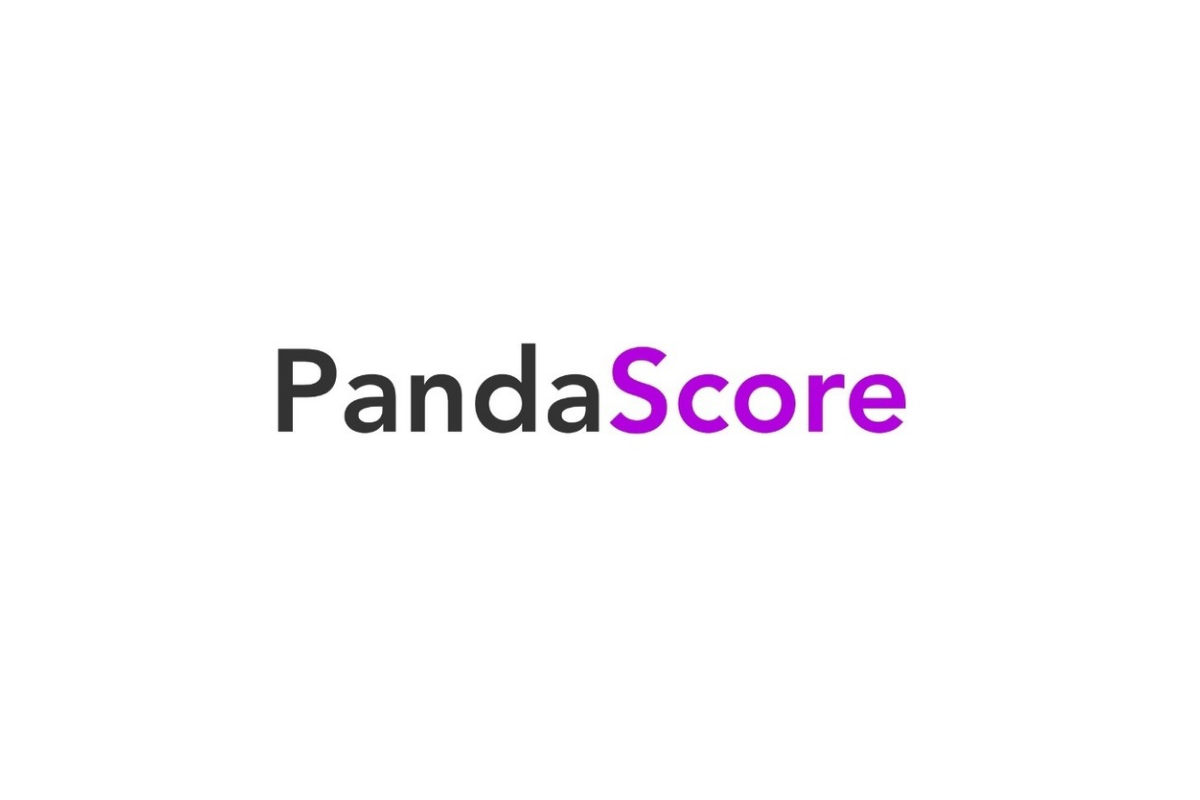
After a meticulous and measured research process in consultation with the needs of its clients, PandaScore has acquired a license to operate in the US state of Colorado.
Through the license, PandaScore has signalled its intentions in the US market: forging a supplier-led path to esports betting success in the US. Existing PandaScore clients can now enter the Colorado market, scale up their esports offering and build their future audience in the state’s esports-friendly regulatory framework.
Future clients can also be confident that working with PandaScore supports their growth strategy in the lucrative US market. The state’s esports-friendly regulatory framework serves as a solid foundation to cultivate an esports audience and take advantage of PandaScore’s innovative, revenue-driving products such as BetBuilder, player props and microbetting.
PandaScore selected Colorado as its first point of entry into US licensing thanks to the state’s large catalogue of esports titles and competitions that are eligible for regular betting, and the wide range of markets that can be offered. Additionally, the state’s flexible and innovation-friendly licensing regime makes it a strong market for PandaScore and its clients.
Securing the license also serves as proof of concept for the French esports supplier, PandaScore Legal Counsel Alexis Brunet noted that “securing the Colorado license is a strong signal of our intentions in the US and are serious about its potential. Esports in the United States is a fast-evolving regulatory environment, but it’s only going in one direction: expansion. We intend to provide our best-in-class products and services to our customers no matter where they are, and service one of the largest markets in the world.”
For PandaScore CEO Flavien Guillocheau, entry into Colorado in the US market was the natural next step in the company’s client-first, service-oriented approach: “For esports to succeed in the US, suppliers must lead from the front. Suppliers need to address the uncertainty around regulation which has held back operator investment and thus growth of the vertical.
“We’ve proven we know the market, get a license efficiently and do it in a way that puts operators first. We’re confident that if our clients are seeking entry into a given market, we can be completely straight with them, show them the viable pathway to success, and create the foundation and access they need to fully harness the potential of esports in one of its biggest consumer markets.”
-
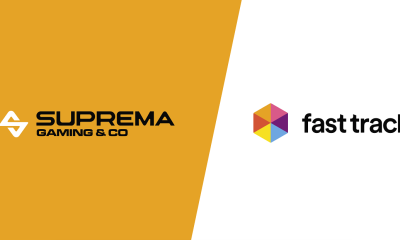
 Latest News3 days ago
Latest News3 days agoFast Track Secures Landmark Deal with Suprema Group – Setting a New Standard in the Brazilian iGaming Market
-
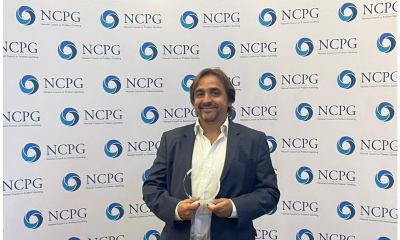
 Gambling in the USA5 days ago
Gambling in the USA5 days agoBetBlocker Recognised for Outstanding Contribution to the Prevention of Gambling Harm at NCPG Awards 2024
-

 Latest News3 days ago
Latest News3 days agoLight & Wonder Expands Presence in Oregon with Additional Placements of KASCADA Dual Screen Multi-Games
-

 Industry News4 days ago
Industry News4 days agoPenn Entertainment to Lay Off About 100 Employees
-

 Latest News3 days ago
Latest News3 days agoRakin’ Bacon Sahara® Launches Exclusively in New Jersey at Hard Rock Hotel & Casino Atlantic City and online at Hard Rock Bet
-

 partnerships3 days ago
partnerships3 days agoGGPoker & Triton Poker Offer High-Roller And Super-High-Roller Events At 2024 WSOP Paradise
-

 Latest News3 days ago
Latest News3 days agobet365 Announces Official Launch in Pennsylvania
-

 Daily Fantasy Sports5 days ago
Daily Fantasy Sports5 days agoDraftKings Becomes Official Partner of the WNBA





